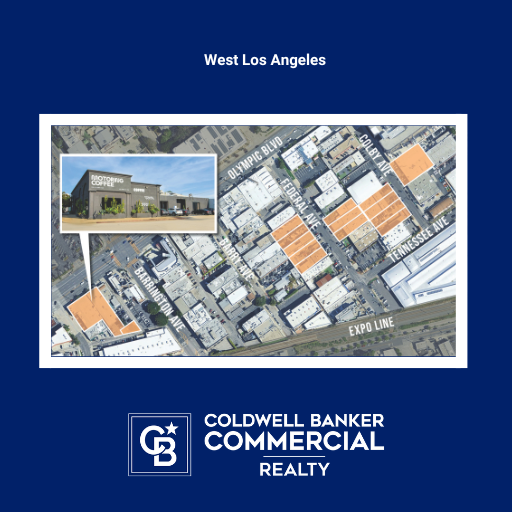New Frontiers in Commercial Real Estate: The Appeal of Secondary Markets

As urban congestion and rising costs plague major metropolitan areas, commercial real estate (CRE) investors are eyeing new opportunities in secondary markets. Cities like Austin, Nashville, and Raleigh are rapidly emerging as attractive alternatives, offering cost-effective environments that encourage growth and innovation. This shift is reshaping the CRE landscape, turning these cities into vibrant hubs for office, retail, and industrial spaces. Here’s why secondary markets are gaining momentum and what this means for the future of CRE.
As rent and development costs soar in cities like New York and San Francisco, businesses are increasingly priced out of traditional hotspots. In contrast, secondary markets such as Austin and Nashville offer more affordable office rental rates—often 30-40% less than in New York City. Lower costs in land and labor also allow companies and developers to allocate budgets more strategically, enhancing overall economic efficiency. This affordability makes secondary cities especially appealing to businesses that want to expand without the financial strain of big-city markets.
A major draw for secondary markets is their quality of life, which appeals strongly to today’s workforce. With shorter commutes, green spaces, and flourishing arts scenes, cities like Raleigh and Austin offer a balanced lifestyle that’s increasingly attractive to professionals. As remote and hybrid work models become mainstream, companies are realizing they can deliver an excellent work-life balance outside the traditional urban centers, positioning secondary markets as ideal relocation options. This trend not only attracts businesses but also aids in talent retention, making these cities attractive for CRE investment.
Many secondary markets are rolling out business-friendly policies to foster economic expansion. Texas, for example, has no corporate income tax, making cities like Austin an appealing option for companies looking to reduce tax burdens. Additional perks like grants, tax breaks, and expedited permitting processes are common in secondary markets, creating favorable conditions for new and expanding businesses. Such incentives are accelerating CRE demand and encouraging developers to invest in these emerging cities.
In the post-pandemic world, demand for traditional office spaces has waned, yet secondary markets are seeing renewed interest in flexible office solutions. Cities like Austin have invested in co-working and adaptable office spaces to cater to remote-first companies and businesses seeking a physical presence without the obligation of long-term leases. This trend toward flexibility aligns with the evolving needs of today’s workforce, giving CRE developers in secondary markets a unique advantage.
As populations in cities like Nashville surge, retailers are moving into less-saturated secondary markets where they find room to grow. This influx is driving the development of mixed-use spaces that combine retail, residential, and recreational elements, enhancing the overall appeal of these communities. Additionally, the rise of e-commerce is spurring demand for industrial spaces in secondary markets, especially for logistics and distribution centers. Lower land costs in places like Raleigh make it easier to build large warehouses, while proximity to major transport routes boosts supply chain efficiency.
While challenges remain—such as infrastructure gaps and smaller talent pools—secondary markets like Austin, Nashville, and Raleigh are poised for long-term growth. With a blend of affordability, lifestyle appeal, and supportive business policies, these emerging hubs are redefining CRE investment. As more companies and individuals move to these dynamic cities, secondary markets will play a pivotal role in the future of commercial real estate, offering both investors and businesses new avenues for success.
A Trusted Guide in Commercial Real Estate
Coldwell Banker Commercial® provides Commercial Real Estate Services from Property Sales and Leases, to Property Management. Learn how our expansive network of Independently Owned and Operated Affiliates and Real Estate Professionals use their in-depth knowledge of the local market and industry trends to help businesses and investors navigate the complexities of the commercial real estate landscape.






